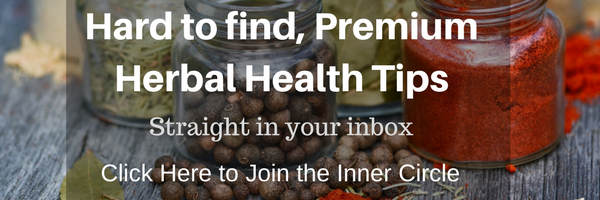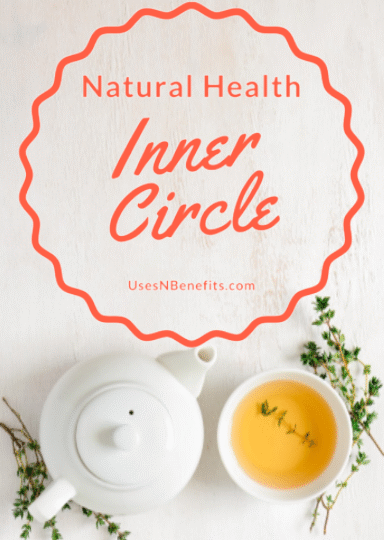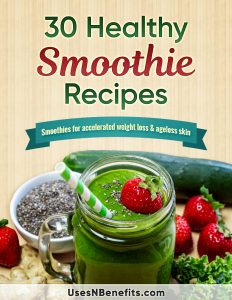Cinnamon has been used as a medicinal for thousands of years. Botanically known as Cinnamomum, the inner bark from the cinnamon tree is ground and used as a culinary spice as much for its flavor enhancing properties as for its health benefits.
The search for exotic spices, including cinnamon, played a large role in Western expansion. Wars were fought over it, it was used as a bartering tool in the same way we would use money, and new trade routes led to the discovery of America and other countries. In addition to what Westerners learned about the medicinal uses of cinnamon from their Eastern neighbors, it was prized because it could be sprinkled over perishable foods, allowing them to be kept without refrigeration for many days.
In Eastern medicine, there is a long standing tradition of treating herbs and spices to alter their properties. They were aged, slow cooked, heated, dried, or had their oils removed to allow them to harmonize better with the body for a particular ailment or condition. Cinnamon was steeped in alcohol or wine, for example, to aid circulation and detoxify the blood, or it was eaten raw to stop vomiting.When a spice such as cinnamon was taken was also of importance.
So what’s in cinnamon that made it such a prized spice in ancient cultures around the world?
Modern science has discovered that it’s the phytochemical cinnamicaldehyde,a substance that’s been found to be beneficial for asthma, bruises, colds and flu, cuts and scrapes, fatigue, food allergies, gingivitis, hay fever, headache, memory loss, nausea, high blood pressure, high blood sugar, inflammation, diabetes, bad breath, arthritis, depression, stress, flatulence, to improve vitality and alleviate weakness and general deficiency, as a natural preservative, and more.

Ceylon cinnamon or Cinnamomumverum is true cinnamon. It’s antibacterial, anti-inflammatory, antioxidant,antiviral, antifungal, anti-carcinogenic, and diuretic. And it works as a digestant, stimulant and carminative.But most of the cinnamon on the grocery store shelves is Chinese cinnamon, Cinnamomum cassia. It lacks the high essential oil content of Ceylon cinnamon and the potency of its medicinal properties are diminished, but it has a light sweet flavor making it more suitable for culinary uses.Be aware, though, that Chinese cinnamon contains coumarin which is a blood thinner. Yes, it’s the same stuff the doctor gives you if you need a blood thinner. Do not ingest Chinese cinnamon if you are taking prescription blood thinners as this could cause a life-threatening situation.For greater medicinal benefit, look for a product that says “Ceylon cinnamon” on the label.
One tablespoon of cinnamon contains a good amount of potassium, about 34 mg. That may not sound like much, but considering the portion size, it’s significant. It contains no fat and virtually no protein, but it does contain about 6 g of carbohydrates. Most of that is fiber, however, about 4.1 g, so there’s no worry about raising blood sugar levels. In fact, according to the Mayo Clinic and others, cinnamon is believed to lower blood sugar levels and can be of help to diabetics when used as part of their regular diet.
Use cinnamon in both savory and sweet dishes, with meat, veggies, dairy drinks and snacks such as yogurt or cottage cheese, on fruit, in puddings, and in baking. You can even make your own mouthwash using cinnamon. It will be safe and effective, without the chemical additives found in commercial mouthwashes. And the cost will be just pennies per use.
Homemade Mouthwash
Essential oils are not water-soluble and in many cases are too strong to be placed directly on gum tissue. Use only organic, therapeutic-grade, cold-pressed essential cinnamon oil.
Here’s a simple formula for making a mouthwash.Cinnamon’s antibacterial properties will disrupt bacterial growth and destroy it.
- Mix 4 drops cinnamon essential oil and 6 drops of other essential oil into 3-4 ounces water (try lavender or lemon)
- Swish in the mouth for 15-20 seconds (dilute with more water if it’s too strong)
- To make a large batch, mix 24 drops cinnamon essential oil and 36 drops other essential oil into 3 cups (24 ounces) water
Here’s another simple formula that works well to warm you up on cold days or during an illness. It’s a great liniment when your muscles are sore after exercising or sports.
Mix:
4 parts cinnamon bark, not oil (warms and stimulates circulation)
4 parts valerian root (relieves pain)
3 parts hyssop (breaks up blood congestion)
3 parts calendula (soothing and healing)
Simply rub the liniment on the affected area and relax or take a nap.
Regular use of cinnamon will inhibit fungal growth that commonly infects the skin and mouth, and can help balance the digestive and nervous systems.
- Remember that essential oils are highly concentrated and can burn when applied directly to the skin.
- Always dilute cinnamon oil with a carrier such as jojoba oil. When ingesting cinnamon oil, use olive, coconut, or almond oil and be careful to only use 1-2 drops.
- Never use Chinese cinnamon if you are taking prescription blood thinners.






